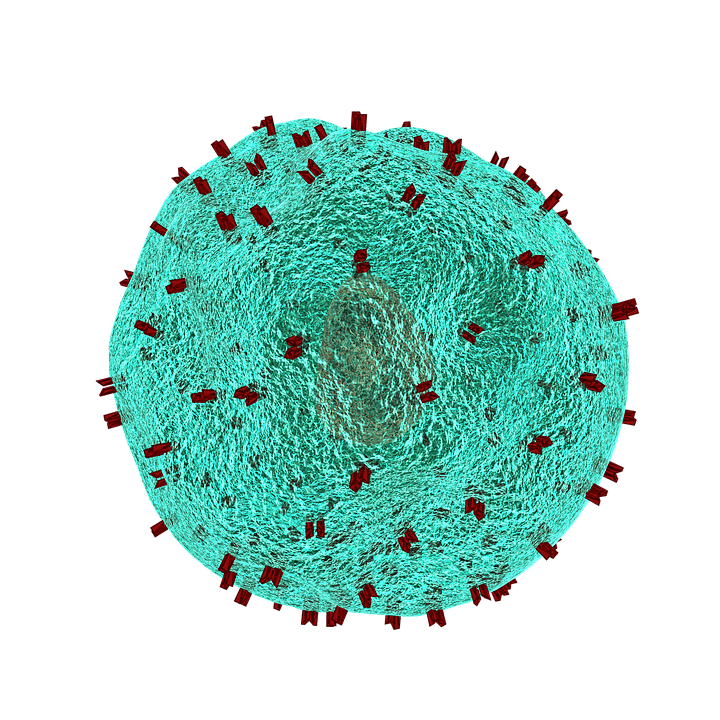According to a story from biopharmadive.com, the Swiss pharmaceutical company Novartis has entered a partnership with researchers from the engineering and applied sciences school at Harvard University. The team will also work with Dana-Farber Institute and the Wyss Institute in order to continue the development of more advanced immunotherapy technologies to fight cancer.
The new immunotherapy system could ultimately have applications in treating a variety of different types of rare cancer. The new technology has the potential to offer several advantages over currently available immunotherapy treatments. One of these advantages is that the new system could help promote immune system memory, and the biomaterial transport could allow for a more efficient immune response. The carrier delivery systems, which can either be injected or implanted under the patient’s skin, are also completely biodegradable.






